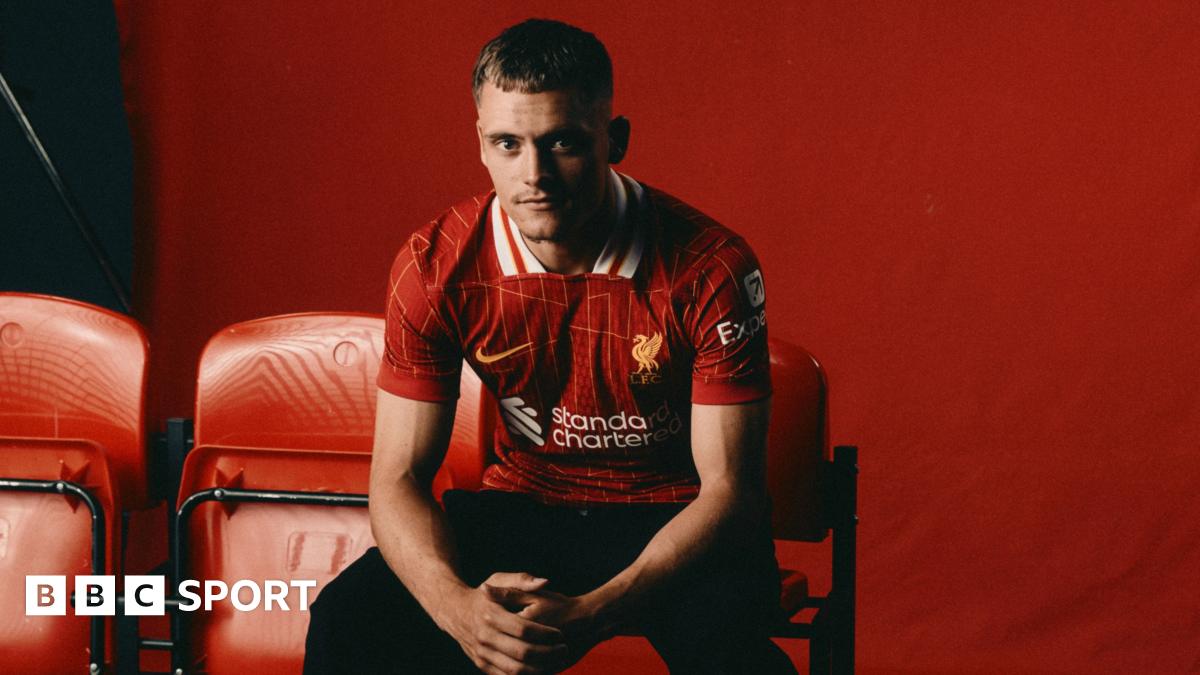The harrowing trial of Lucy Letby is explored in a new Netflix documentary, titled, The Investigation of Lucy Letby, which includes rare updates from her life in prison
A letter sent by killer nurse Lucy Letby reveals a grave account of her life behind bars. The child murderer said ‘there are no words’ to convey her current ‘situation’ in a handwritten letter as she vowed to never give up on defending her ‘innocence’.
The new comments come via a letter to a friend shared as part of a chilling new Netflix documentary about her court case and ongoing appeals. Letby gives details of her prison conditions for the first time and speaks about how much she misses her pets, after she is seen on screen stroking a cat goodbye during her home arrests by police.
The friend, who has been anonymised in the programme, was given the onscreen name of Maisie. And in a letter she reads out, Letby said: “Maisie, there are no words to describe my situation, but knowing that I have your friendship regardless, is so important and special to me.”
READ MORE: Lucy Letby’s parents who stand by daughter and warn Netflix doc will ‘kill them’READ MORE: Lucy Letby Netflix documentary – when it’s out and everything we know so far
She continues: “I have my own room and toilet. I’m able to shower each day and go outside for a walk. Getting outside is so important, even though it’s bit chilly. I miss Tigger and Smudge so much, it’s heartbreaking that they cannot understand why I’m no longer there. They must think I’m a terrible mummy.
“Mum and Dad are taking good care of them, though, and are, no doubt, spoiling them.” Poignantly, Letby added: “I’m trying to do all that I can to remain strong and positive. I’m determined to get through this. I will not give up.”
After sharing the note aloud, Letby’s friend Maisie then begins to cry on screen. She says that she no longer knows what to say to her friend who has been dubbed ‘The Angel of Death.’ “Up until the trial and verdict I would write to Lucy and she would write back. Now I don’t know what to say.”
Later in the film she says she still believes her friend even though there are some small doubts in her mind about her innocence.
Maisie said: “There’s always doubt, because as much as you know someone, you never know the whole of someone like they can still have things that you don’t know about them, but unless I saw actual evidence, I can’t believe it. I know that people think that I support a baby murderer, but she’s my friend and currently, in general, forever.”
Letby, 36, from Hereford, is serving 15 whole-life orders after she was convicted of murdering seven infants and attempting to murder seven others, with two attempts on one of her victims, between June 2015 and June 2016.
She continues to plead her innocence and has a legal team working on a way to challenge her sentence.
In The Investigation Of Lucy Letby on Netflix viewers will see for the first time when she was first arrested in 2018, as police approached her whilst she was still in bed. She looks stunned as she is led away in a dressing gown after being told: “I’m arresting you on suspicion of murder and attempted murder.”
Police also set out in the documentary how they found evidence and used it to successfully prosecute Letby. She has failed twice in appeal.
The film may also show a more human side to Letby as she is also shown stroking her pet cat and in a police cell.
Mark McDonald who took over as Letby’s barrister in September 2024, also explains in the film why he thinks she should be freed. He was approached by Letby’s parents to help her and is now fighting to try to get her a retrial.
He tells the documentary: “We have to remember, no one saw her do anything wrong. There’s no CCTV. There was no motive.
“This was a unit in crisis. Nurses were crying at the end of this shift because of the stress, because of them being overworked, because of having so many babies on the unit and not having the staff or the resources to run it.”
* The Investigation Of Lucy Letby will be released globally on Netflix on February 4.
* Join The Mirror’s WhatsApp Community or follow us on Google News , Flipboard , Apple News, TikTok , Snapchat , Instagram , Twitter , Facebook , YouTube and Threads – or visit The Mirror homepage.








